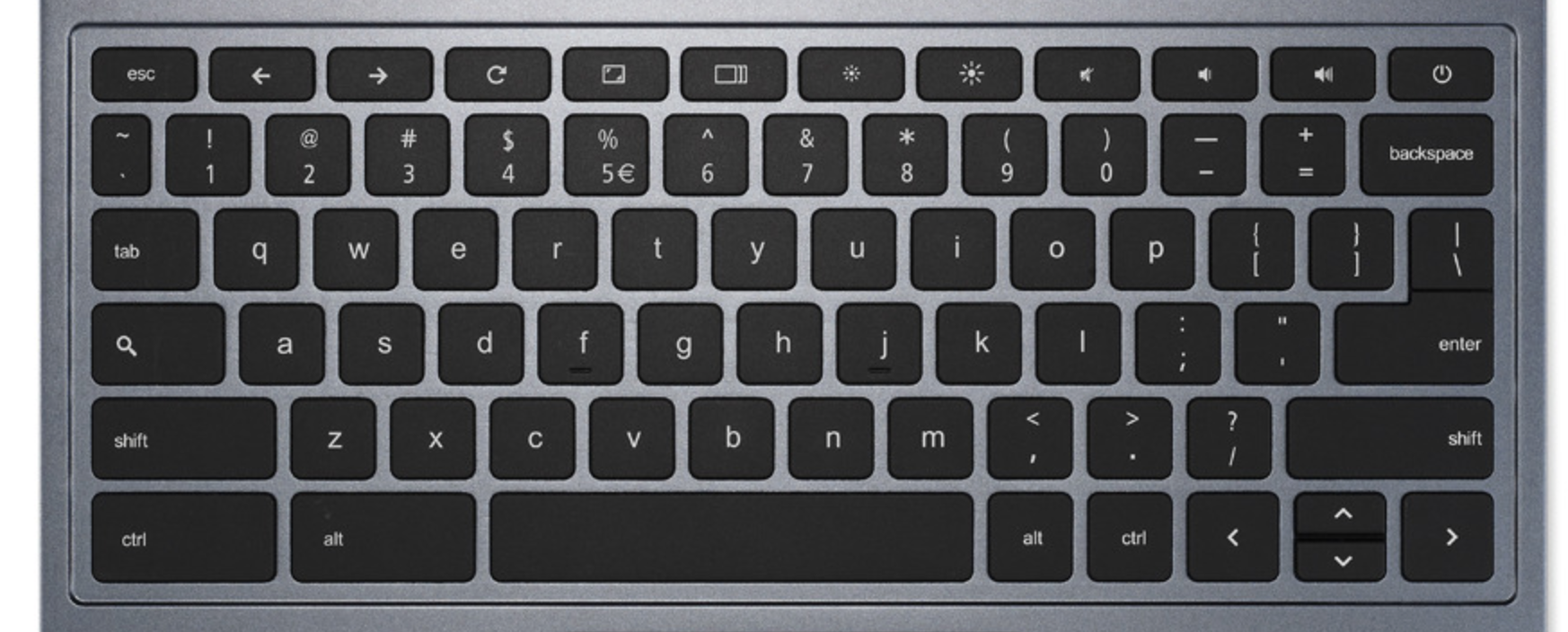I"ve been having a minor issue with my Chromebook(GalliumOS 3.0), it wont save alsa sound settings. I've chased the issue to the alsa-utils startup/shutdown script, reached out to the developer, and was given this as an explanation.
Do I have to reinstall alsa-utils from source?
Is it enough to copy this file (removing the .in) to /etc/udev/rules.d/?
Can someone help translate this? Specifically what does he mean by "the final rules file is available after make"?I think that the card may not be available at boot, because it loads the firmware and it may take some time. Use udev rules to resolve this issue like: https://github.com/alsa-project/alsa-utils/blob/master/alsactl/90-alsa-restore.rules.in (the final rules file is available after make)
Do I have to reinstall alsa-utils from source?
Is it enough to copy this file (removing the .in) to /etc/udev/rules.d/?
![[H]ard|Forum](/styles/hardforum/xenforo/logo_dark.png)
